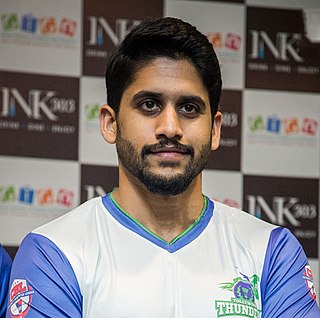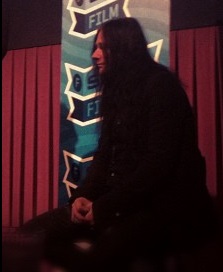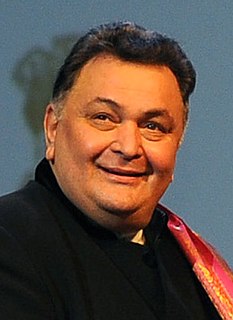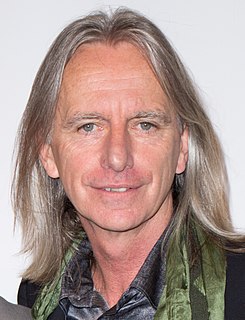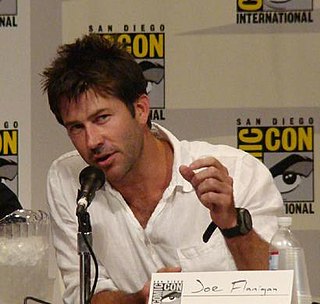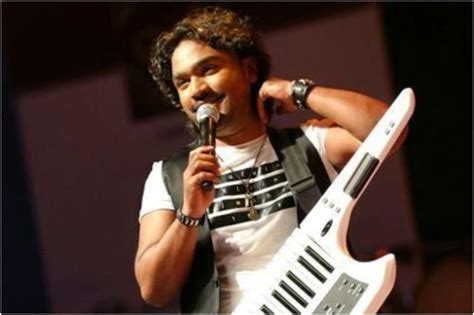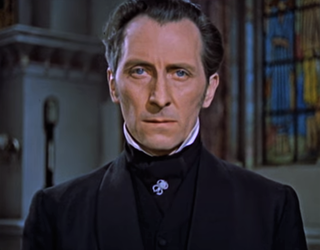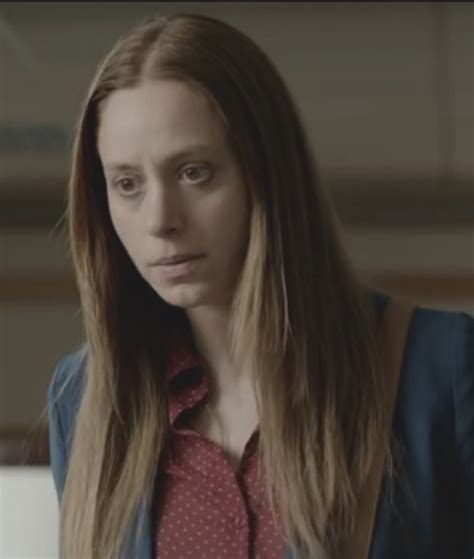A Quote by Naga Chaitanya
I'm not very particular about the commercial angle in my films, but entertainment is very important.
Quote Topics
Related Quotes
I believe that science fiction is as profound as you want it to be or it can be very simple entertainment, and I'm all for very simple entertainment. Every now and then we all need to come home, veg-out, watch something and not think too deeply about it. It's what you want it to be. We tend to steer clear of being pedantic; it's entertainment first, otherwise we'd be on a lecture circuit.
It meant a kind of real liberation of expression. It embraced amateurism in a way that I still am inspired by. It was not about trying to get, you know, stadium gigs or even commercial radio play or even record deals for that matter. It was about saying something 'cause you meant it, and expressing something that you felt. And that was primary for that - whatever the scene, whatever punk rock means, it was very, very important to me, very formative.
